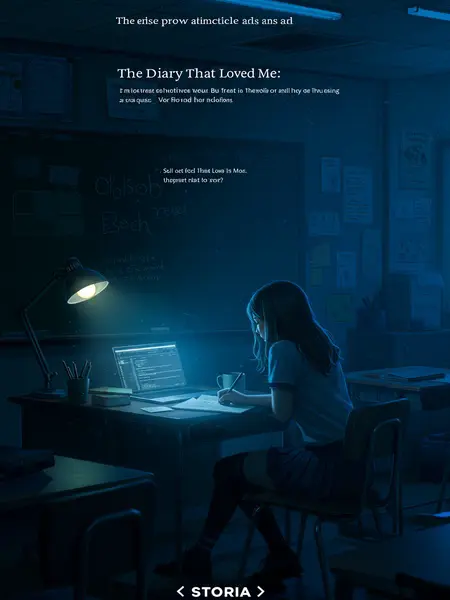Chapter 4: Lessons From the Past
Yep, I teach middle school history—Franklin Roosevelt Middle School. Not that the name meant anything to Nathan.
This week, my students were studying the 1920s. They joked and whispered, treating it like a costume party, all jazz and Gatsby.
I tried to ground them. The smell of dry-erase markers hung in the air as I asked, "How do you think it really felt to live in that era?"
Madison, wide-eyed and dreamy, piped up: "Ms. Quinn, I want to visit the 1920s—see the jazz and flappers, maybe meet a bootlegger, like in that Netflix show!"
I shook my head. "The real 1920s was a hundred times harsher than those movies. Most of us would be factory workers breathing cotton dust, or homeless veterans. Selling children was common. Kids your age worked in coal mines. Romance? Just surviving was a luxury."
A hush fell over the class. Madison’s face fell, and a couple of kids glanced at their phones, suddenly uncomfortable.
History shouldn’t be forgotten, I thought. We’re doomed to repeat what we don’t remember.
That night, Nathan’s diary entry was darker, the ink pressed deeper into the page.
"I’m graduating next year. I told my father I want to go to college—Columbia, maybe Harvard. He said I’m dreaming, and should just join the family business. Even Mother laughed."
I encouraged him, my teacher voice coming out: "I believe in you. You’re really smart—you just never focused before. Your writing shows it."
I used the same words I used with my underachievers, the kids who needed someone to believe in them.
Nathan’s reply was a rush: "Really? Rachel, you really think so?"
"Absolutely. You notice things others miss."
"But I’m nine years older than you—you should call me sister."
I smiled. I was twenty-six, Nathan seventeen. The time gap made it all feel like a joke.
"No way," he shot back, sketching a stick figure with arms crossed and a frown. "It’s not that big a difference. I’ll be grown soon. I’m already taller than Father."

